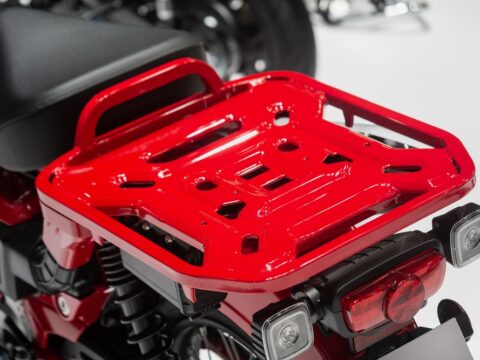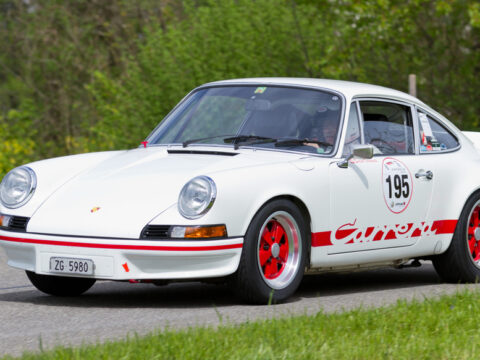If you’re in the market for a new car, it’s crucial to think about how quickly it might lose value. Depreciation can make a significant dent in your vehicle’s resale price, influenced by things like the brand’s reputation, upkeep expenses, and overall demand. To help you make a more informed decision, here’s a list of cars known for depreciating quickly that you might want to steer clear of.
Contents
Nissan Maxima
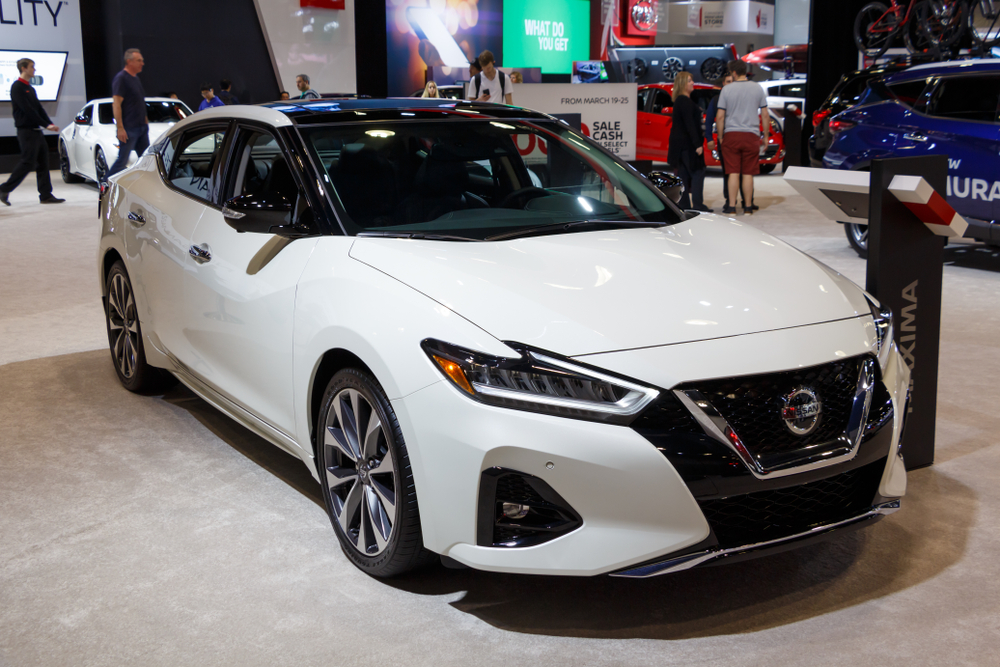
The Nissan Maxima is subject to significant depreciation, primarily due to its ambiguous market positioning. It tries to bridge the gap between standard sedans and luxury vehicles, which often confuses consumers and dilutes its brand identity. Although equipped with high-end amenities and robust performance, its resale value diminishes quickly as new models are released. This rapid depreciation is exacerbated by a saturated sedan market where consumers tend to favor recognized luxury brands or more economical alternatives.
Chevrolet Impala
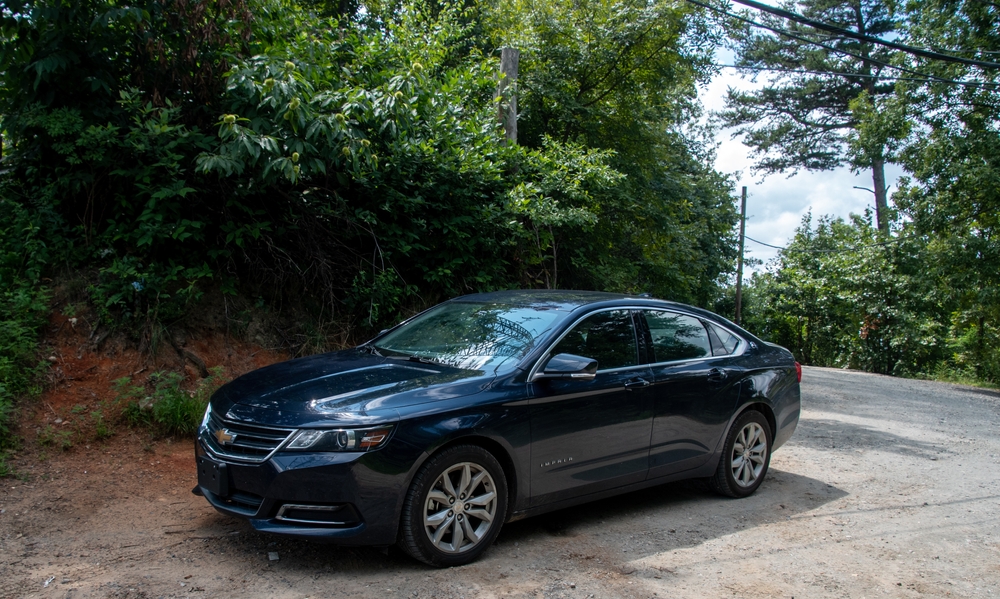
The Chevrolet Impala, a staple in the American sedan market, faces steep depreciation due to the dwindling popularity of large sedans as consumers pivot towards SUVs and crossovers. Furthermore, the discontinuation of the Impala in 2020 led to a decline in demand, accelerating its depreciation rate. As new car buyers opt for more versatile vehicle types, the resale value of large, traditional sedans like the Impala continues to fall.
Audi A6
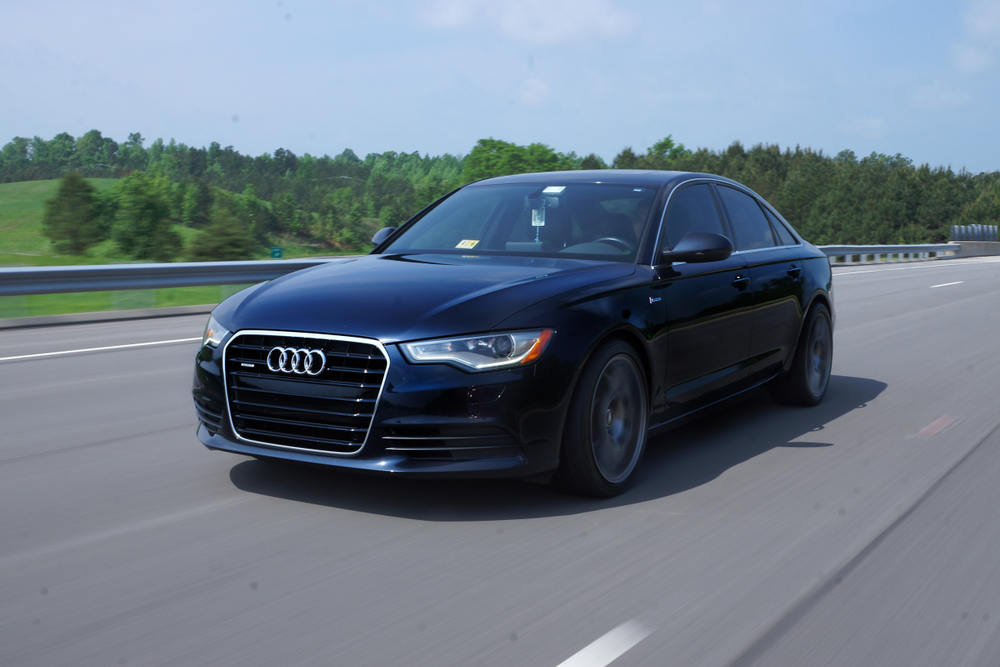
The Audi A6, a model known for its advanced technology and performance, experiences rapid depreciation due to the high costs associated with its upkeep and the luxury car stigma of steep initial depreciation. Luxury vehicles like the A6 are typically bought new by consumers who value the latest features, which leaves the market for older models quite limited. This situation is worsened by expensive maintenance and parts, contributing to a quicker loss in value as the vehicle ages.
Nissan LEAF
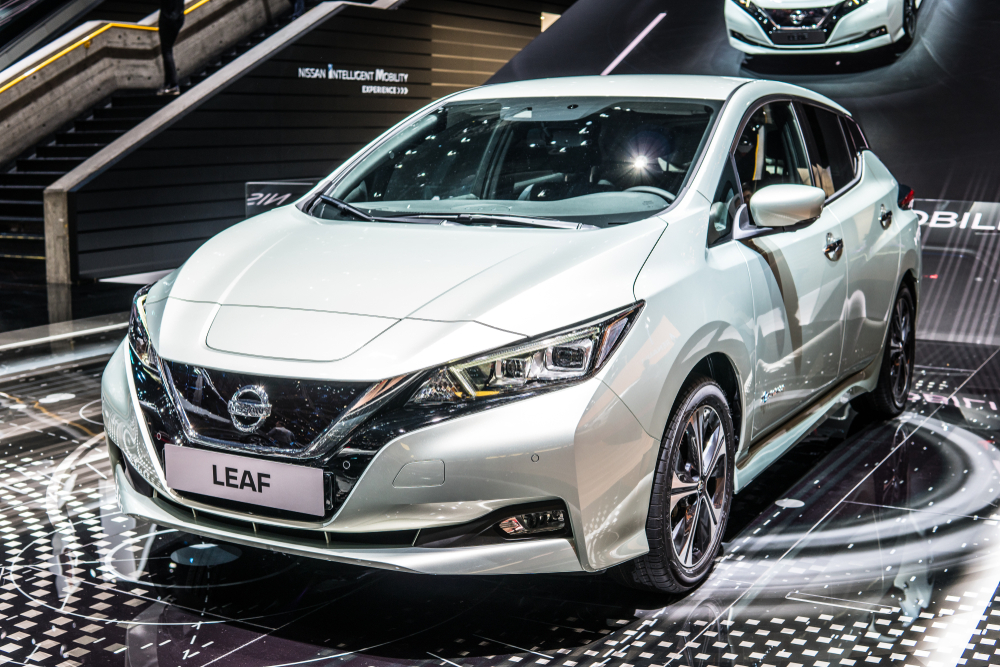
The Nissan LEAF, one of the pioneering electric vehicles, suffers from high depreciation rates. This is mainly due to rapid advancements in electric vehicle technology, which render older models obsolete more quickly than their gasoline counterparts. Concerns about battery degradation also play a significant role, as potential buyers worry about the costs of battery replacement and the vehicle’s reduced range over time.
Volvo S60
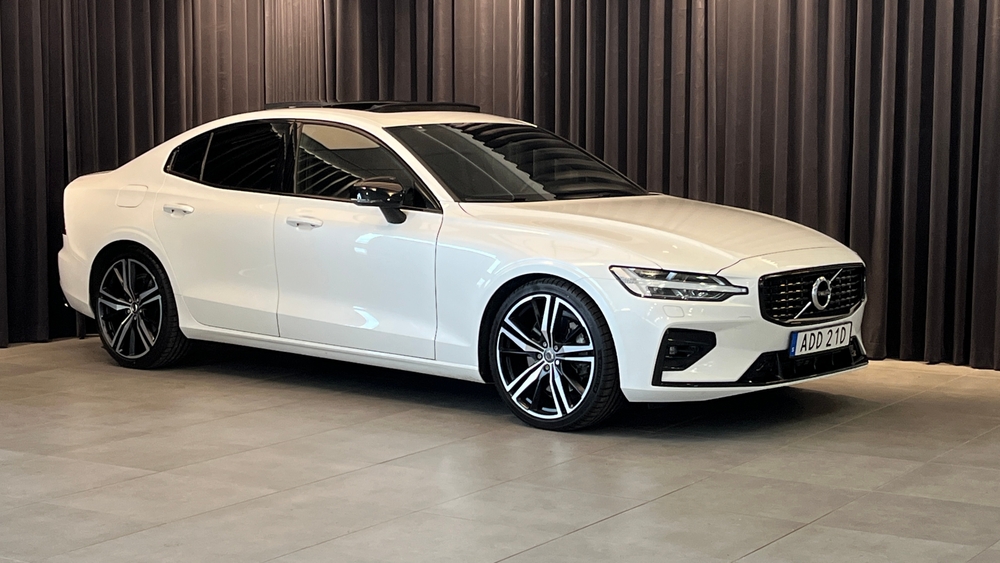
Despite its reputation for safety and quality, the Volvo S60 depreciates faster than some of its luxury peers. This higher rate of depreciation can be attributed to a smaller fan base and its perception as a less prestigious brand compared to its luxury competitors. Although the S60 offers excellent safety features and Scandinavian design, these factors have not been enough to sustain its market value against more coveted luxury brands.
Volkswagen Jetta
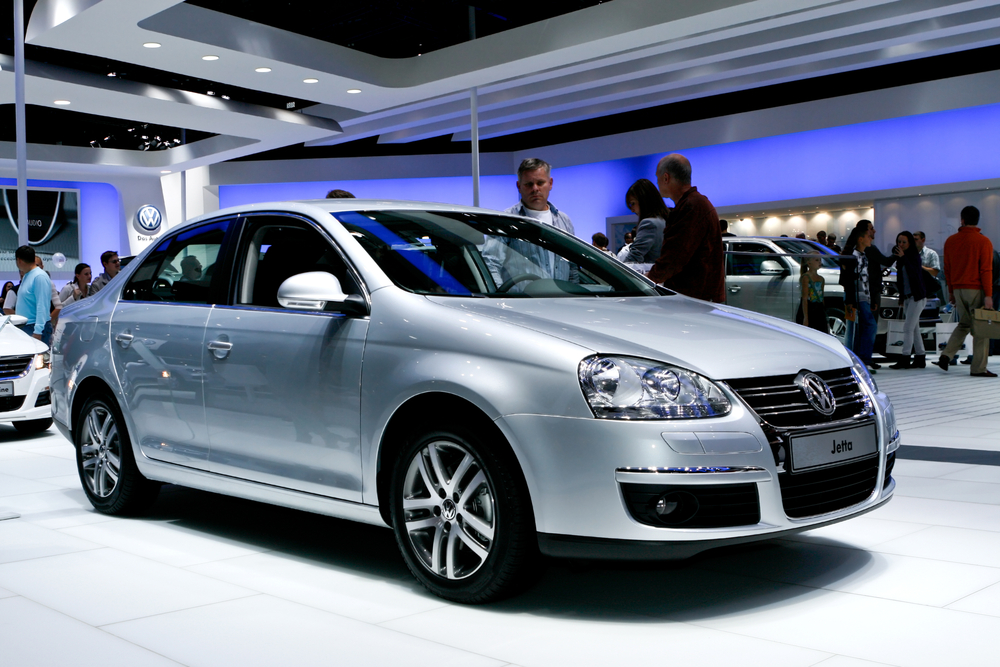
The Volkswagen Jetta, while popular, sees its value drop quickly due to the high volume of units on the market and its classification as a common vehicle. The widespread availability of the Jetta drives resale prices down, and lingering concerns over Volkswagen’s reliability and the emissions scandal add further downward pressure on its market value.
Nissan Armada
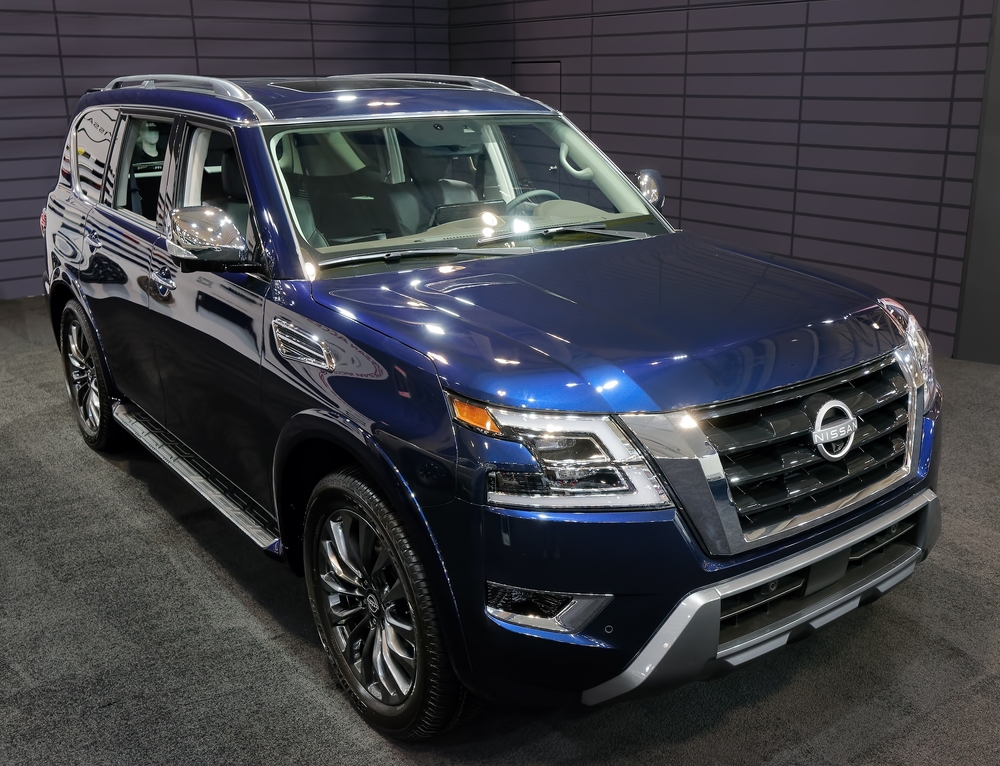
The Nissan Armada, a large SUV, is particularly prone to depreciation due to its lower fuel economy and the high cost of ownership, which includes both maintenance and fuel expenses. In a market that increasingly values fuel efficiency and lower running costs, the Armada’s attributes contribute to its rapid devaluation, making it less desirable for cost-conscious second-hand buyers.
Dodge Challenger
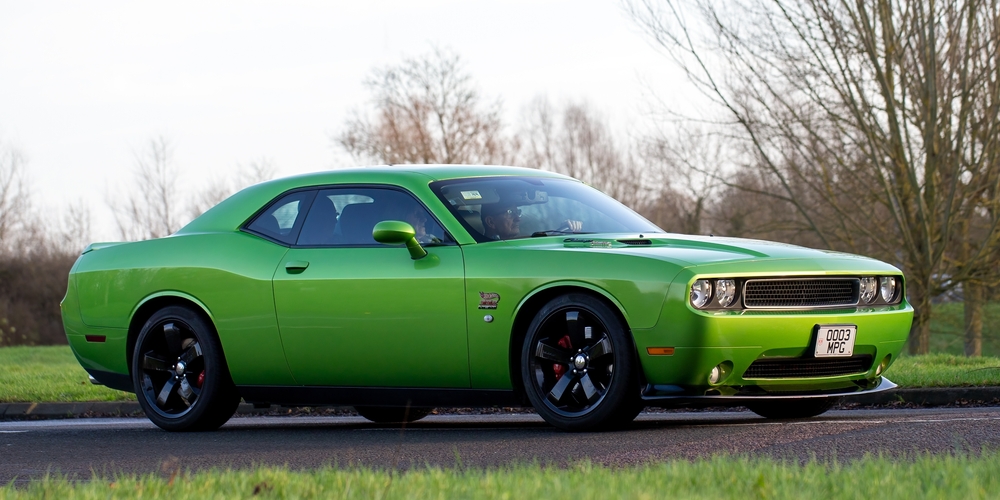
The Dodge Challenger, though it enjoys a cult following among muscle car enthusiasts, depreciates quickly because of its limited appeal outside this niche. Its performance-oriented design does not cater to the practical needs of the average buyer, and frequent updates within the muscle car segment can make older models seem outdated, pushing their resale value down.
Chrysler 300
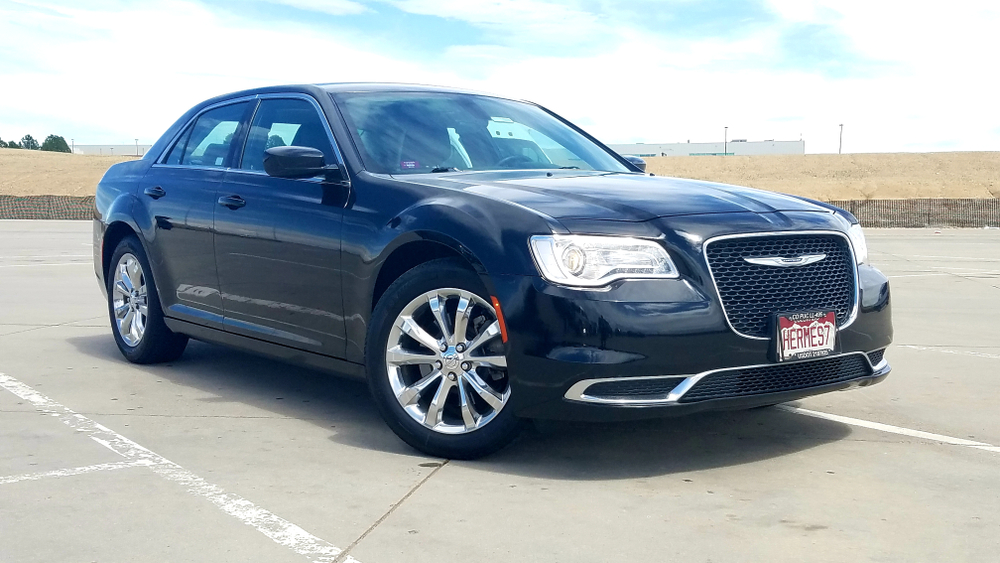
The Chrysler 300 faces high depreciation due to perceived reliability issues and a brand image that does not resonate strongly with luxury car buyers. The 300, known for its bold American styling and spacious interior, has struggled to compete with more refined luxury models, which has led to quicker depreciation as consumers opt for brands with stronger reputations for quality and durability.
Jeep Cherokee
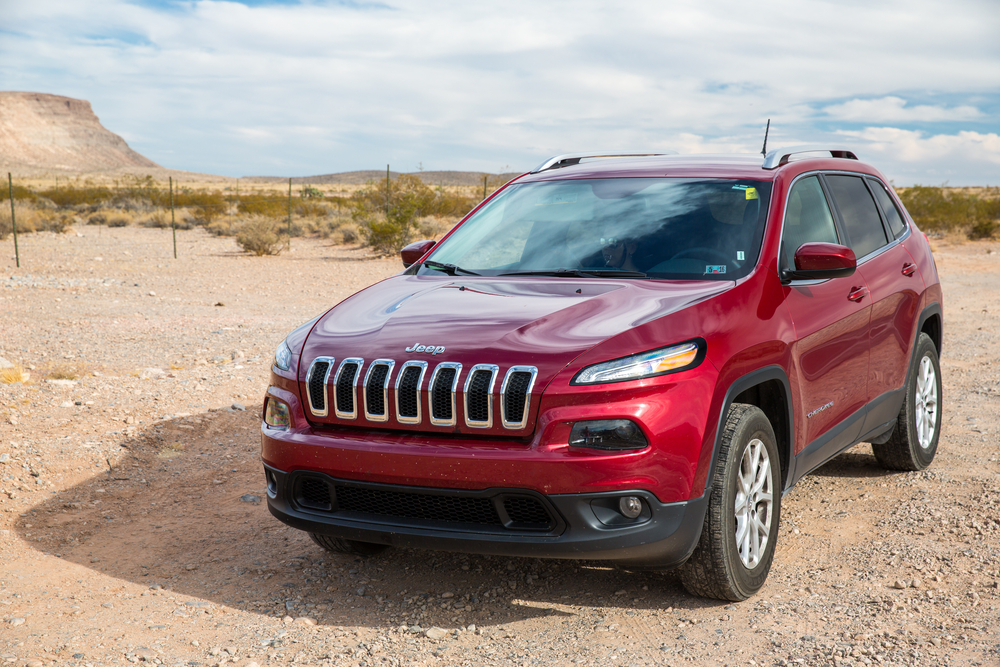
The Jeep Cherokee experiences rapid depreciation for several reasons, including prevalent reliability concerns and a saturated market presence. Despite its strong off-road capability and recognizable brand name, the Cherokee’s value is undercut by frequent reports of mechanical issues and a high volume of vehicles available on the used market, diminishing its attractiveness to prospective buyers looking for a dependable second-hand vehicle.
Jaguar XF
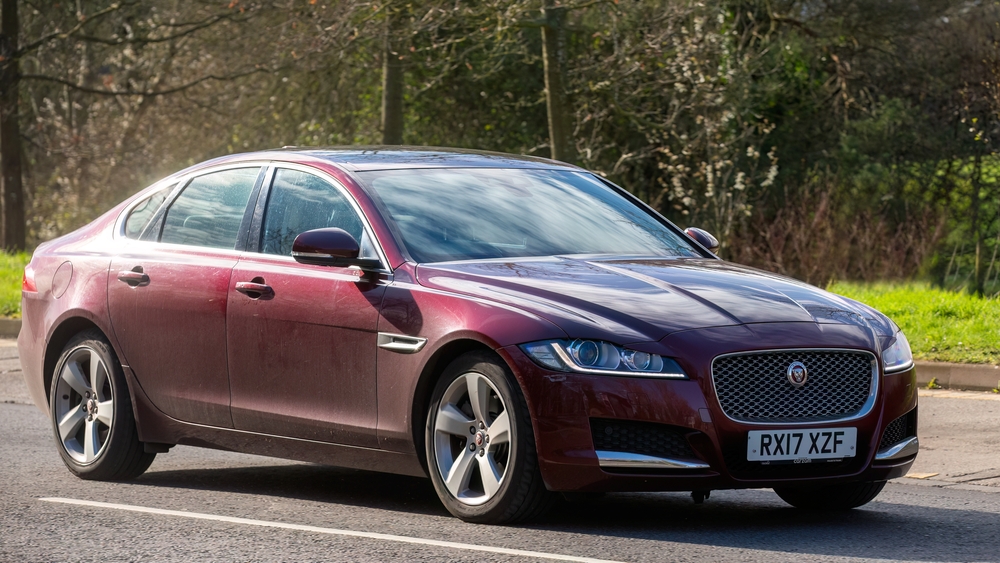
The Jaguar XF is known for its luxurious feel and performance, but it depreciates quickly due to the high costs of maintenance and repairs commonly associated with the brand. Additionally, Jaguar’s brand perception in the market, which oscillates between luxury and reliability concerns, has made the XF less attractive in the used car market. Its depreciation is further accelerated by the rapid advancements in vehicle technology and features, which can make older models seem outdated much sooner than expected.
BMW 5 Series
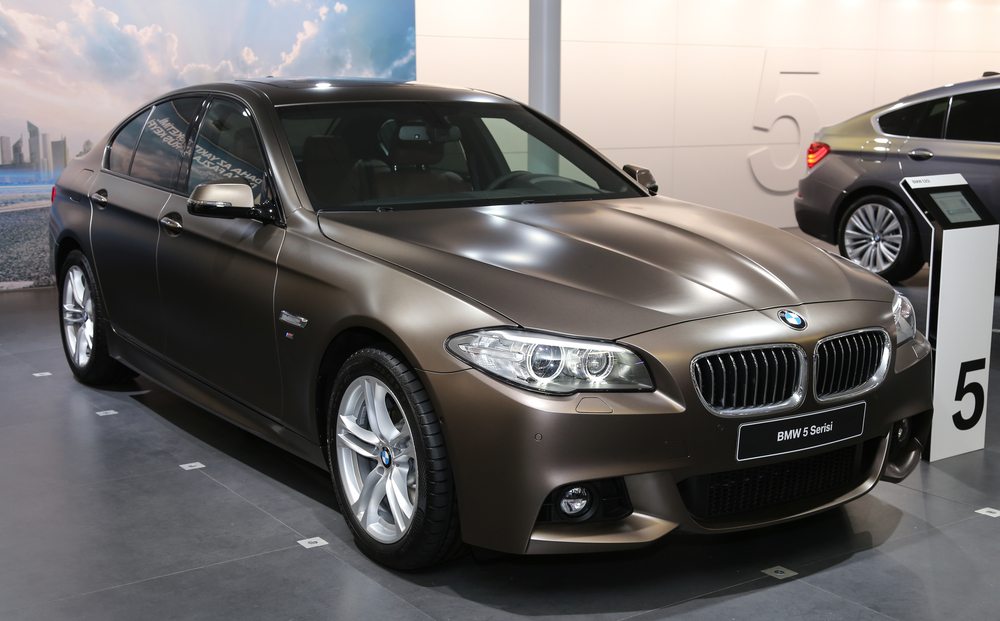
The BMW 5 Series, a hallmark of luxury and performance, faces significant depreciation challenges. This series is highly susceptible to value loss due to the competitive nature of the luxury car market, where newer and technologically advanced models are frequently introduced. The high cost of maintenance and repairs, characteristic of luxury German automobiles, along with the preference for the latest models among luxury car buyers, contribute to the rapid depreciation of the 5 Series.
Mercedes-Benz E-Class
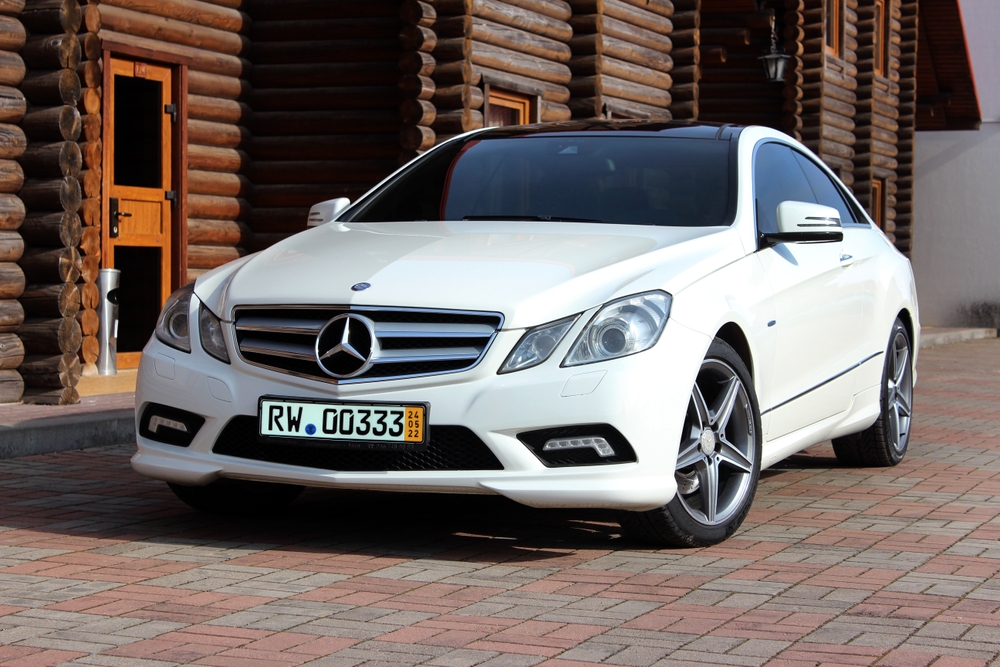
As with many luxury vehicles, the Mercedes-Benz E-Class depreciates quickly. This rapid decline in value can be attributed to its high maintenance costs and the continuous influx of new technologies and upgrades, which can make older models seem less appealing. The E-Class, while popular for its sophisticated engineering and comfort, suffers in the resale market due to the preference for newer models with the latest features.
Ford Taurus
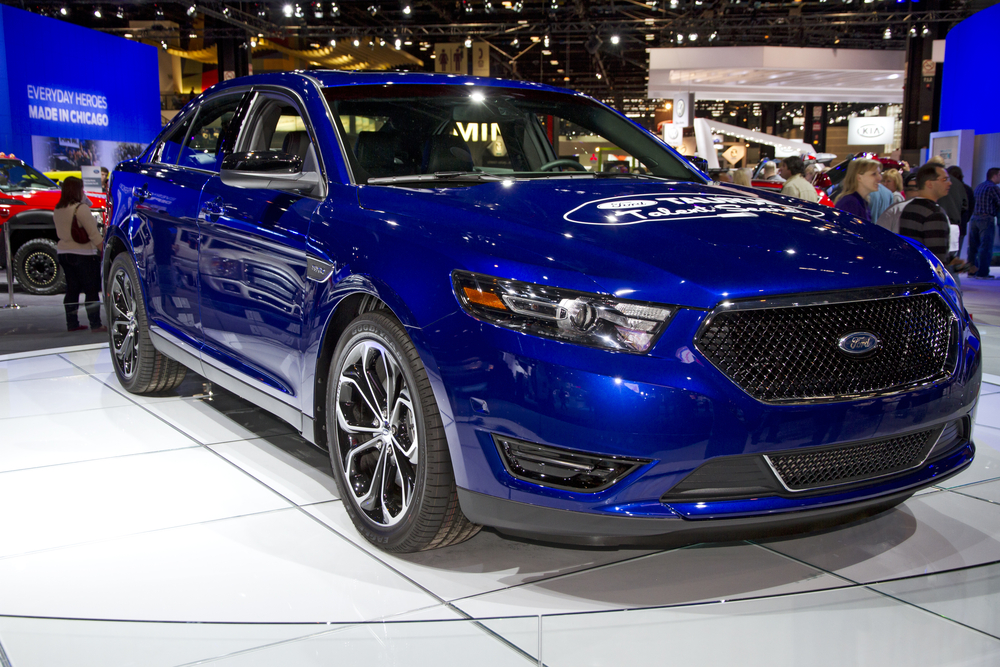
The Ford Taurus has seen its market value decrease significantly, especially following its discontinuation in 2019. This model has struggled to maintain its resale value due to shifting consumer preferences towards SUVs and other larger, more versatile vehicles. The decreasing demand for large sedans like the Taurus, combined with an oversupply in the used market, has led to its rapid depreciation.
Hyundai Genesis
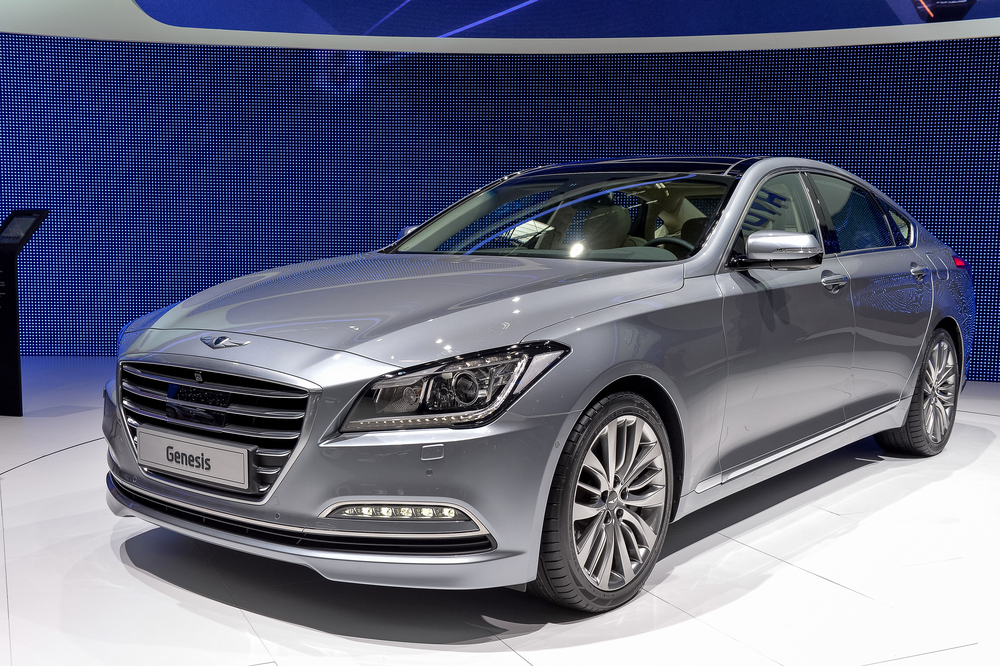
Initially introduced as Hyundai’s luxury sedan before the genesis of its luxury brand, the Hyundai Genesis depreciates rapidly due to its association with a brand that historically lacks a luxury pedigree. While offering high-end features and a comfortable ride, the Genesis struggles with brand perception against more established luxury automakers, which significantly impacts its resale value.
This article originally appeared on MyCarMakesNoise.
More from MyCarMakesNoise
10 Car Modifications That Will Transform Your Vehicle

In the realm of automotive enthusiasts, personalizing an import car is more than just a hobby; it’s an expression of individuality and passion. This article is a guide tailored for those looking to elevate their vehicles beyond the ordinary. Read More
10 Companies Revolutionizing Self-Driving Vehicles

The automotive landscape is undergoing a transformative shift as the autonomous era unfolds, with technology paving the way for self-driving vehicles. In this dynamic and groundbreaking industry, several companies are at the forefront, driving innovation and shaping the future of transportation. Read More
10 Impressive Car Brands You Might Not Know About

In the vast world of automobiles, beyond the well-trodden path of renowned brands, lies a trove of lesser-known car manufacturers that offer exceptional value without compromising on quality and performance. Read More

